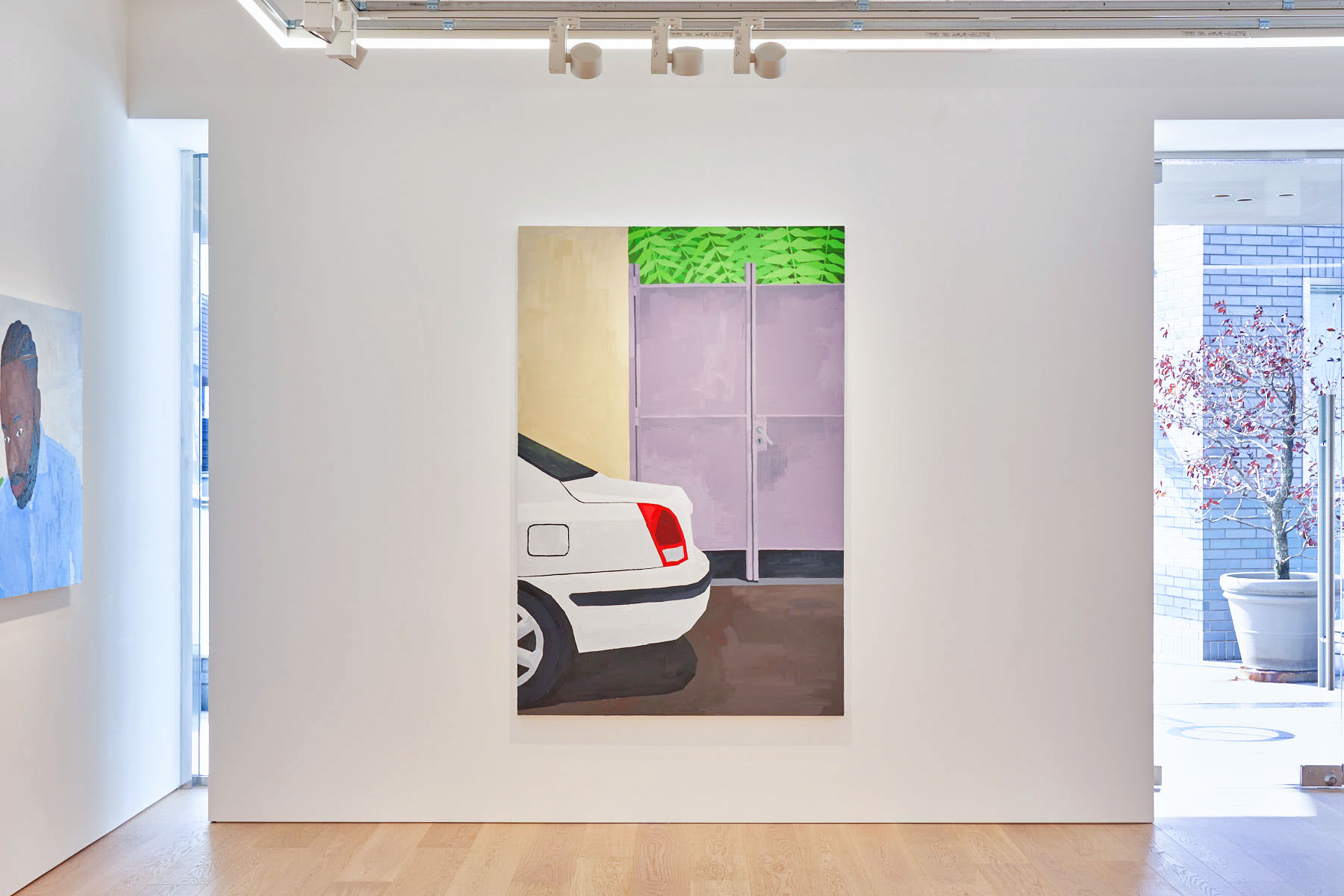
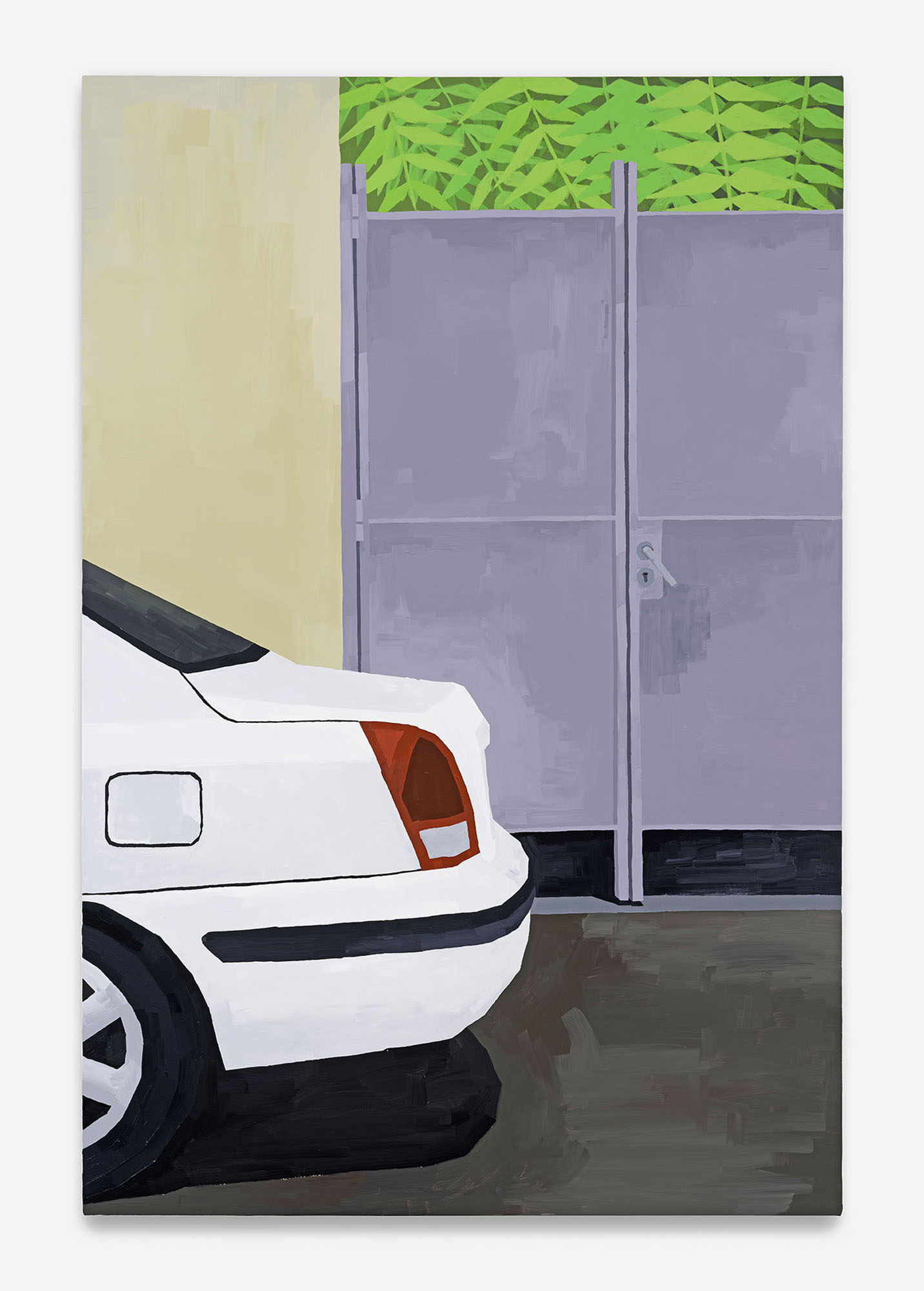
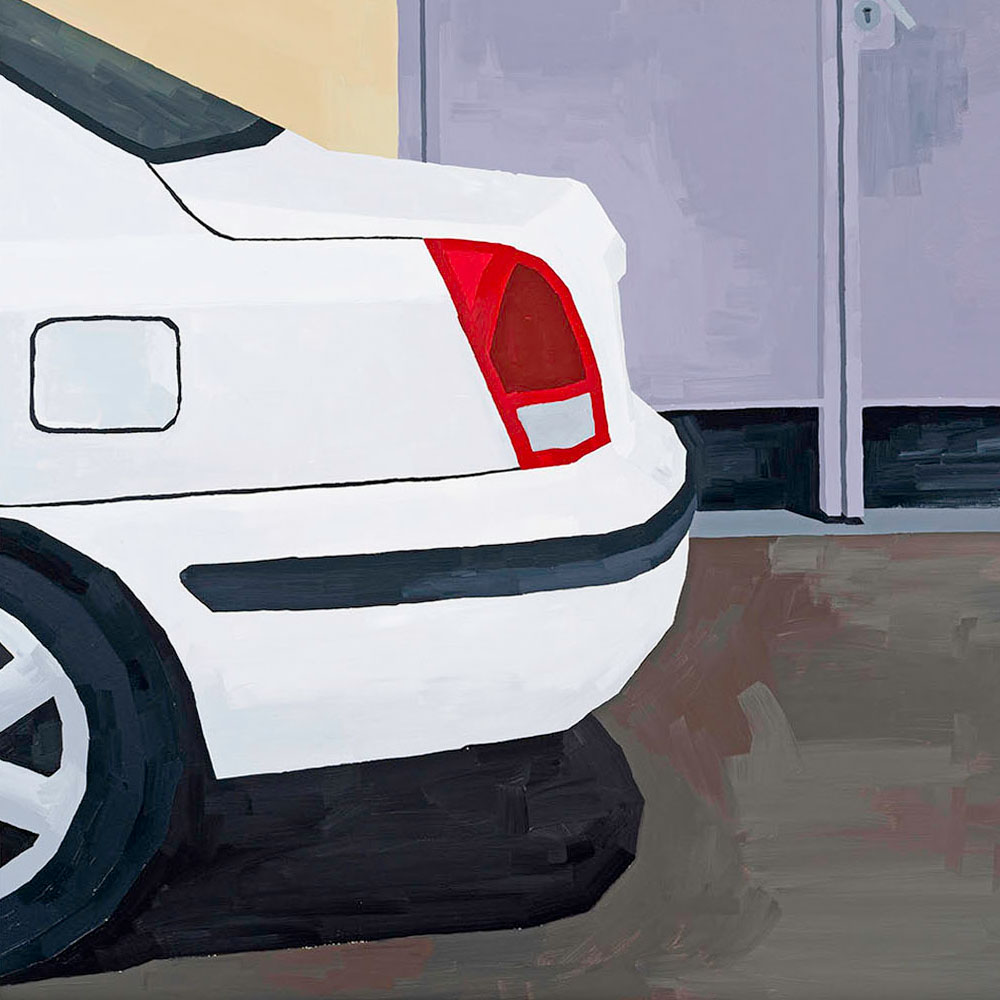
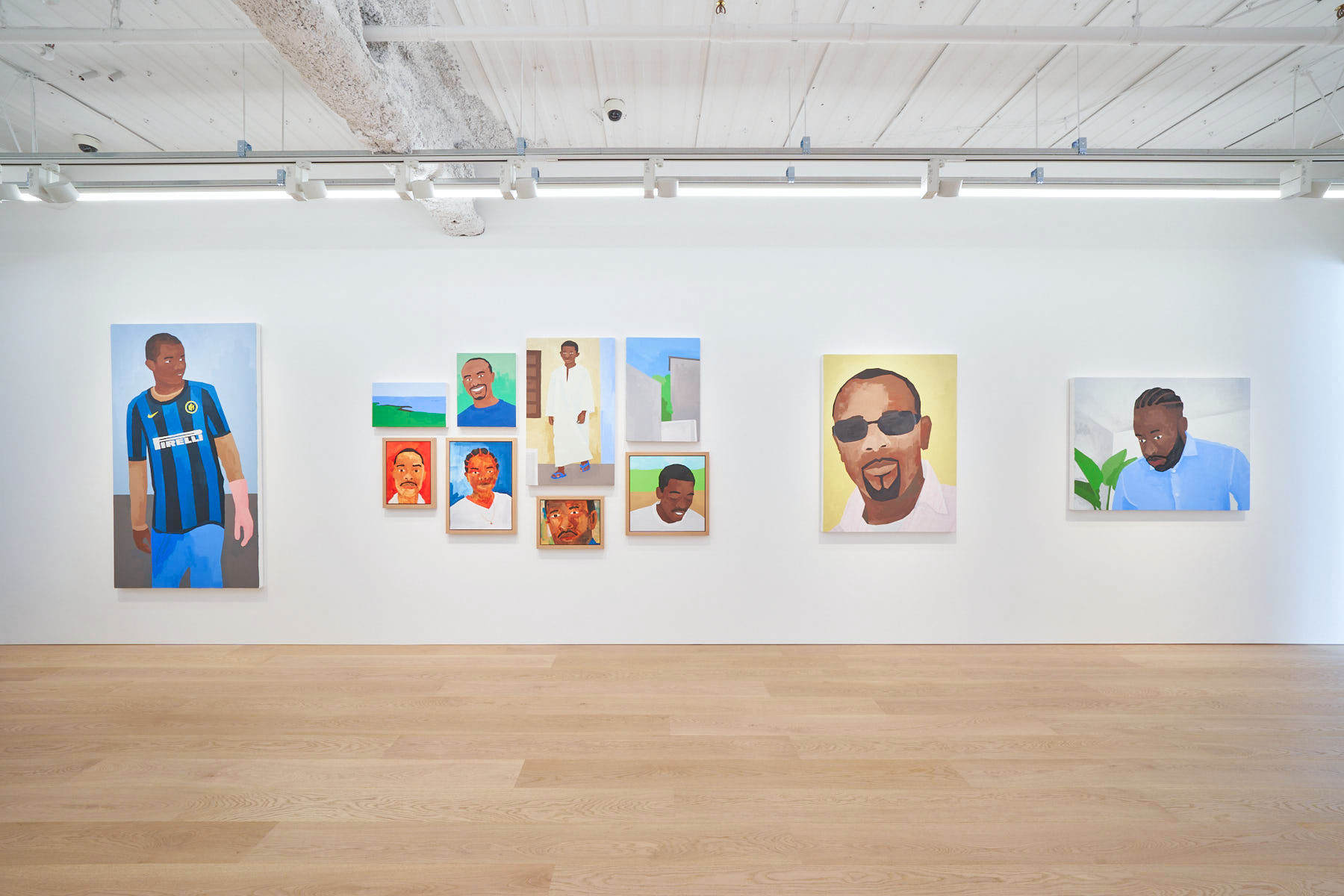
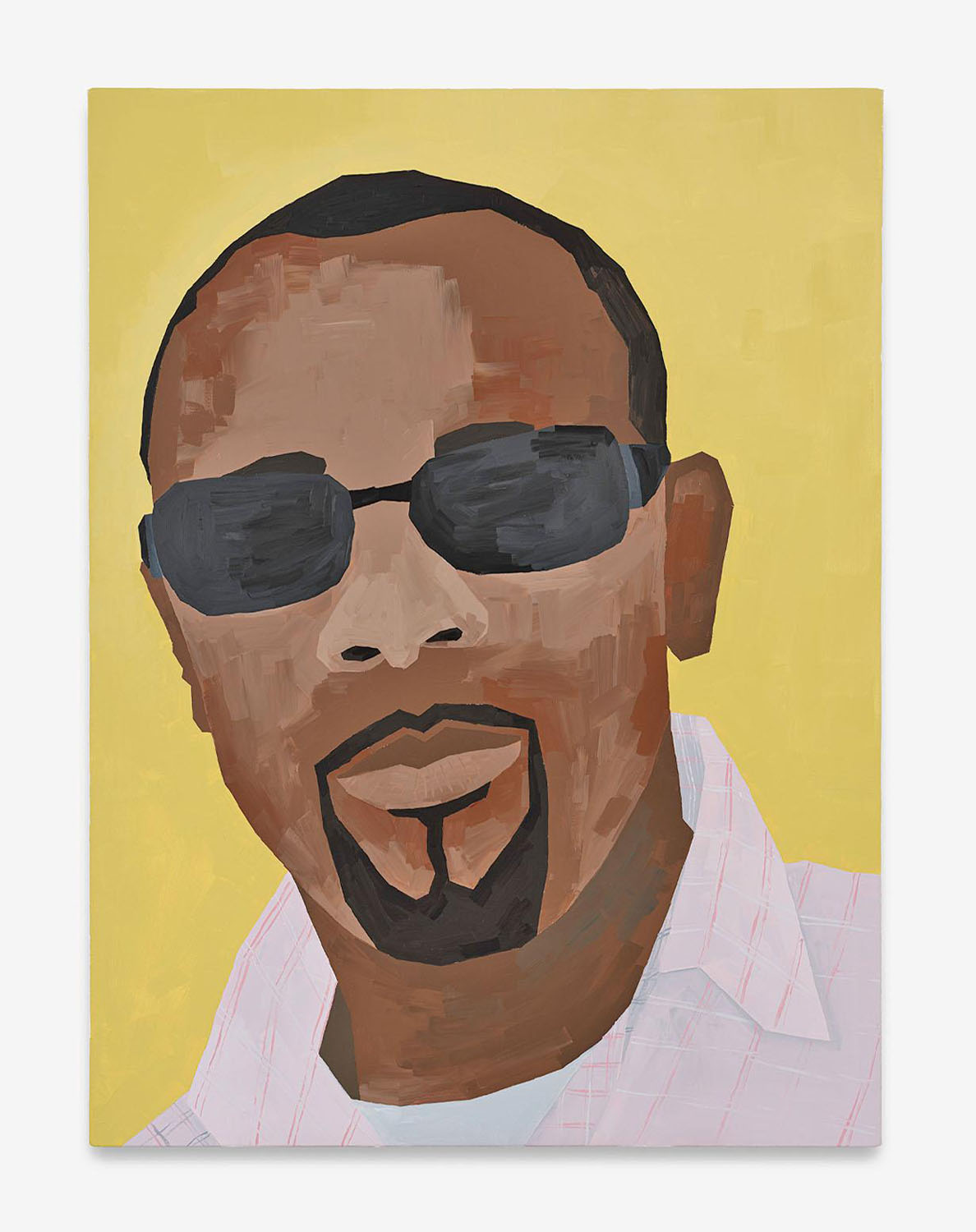
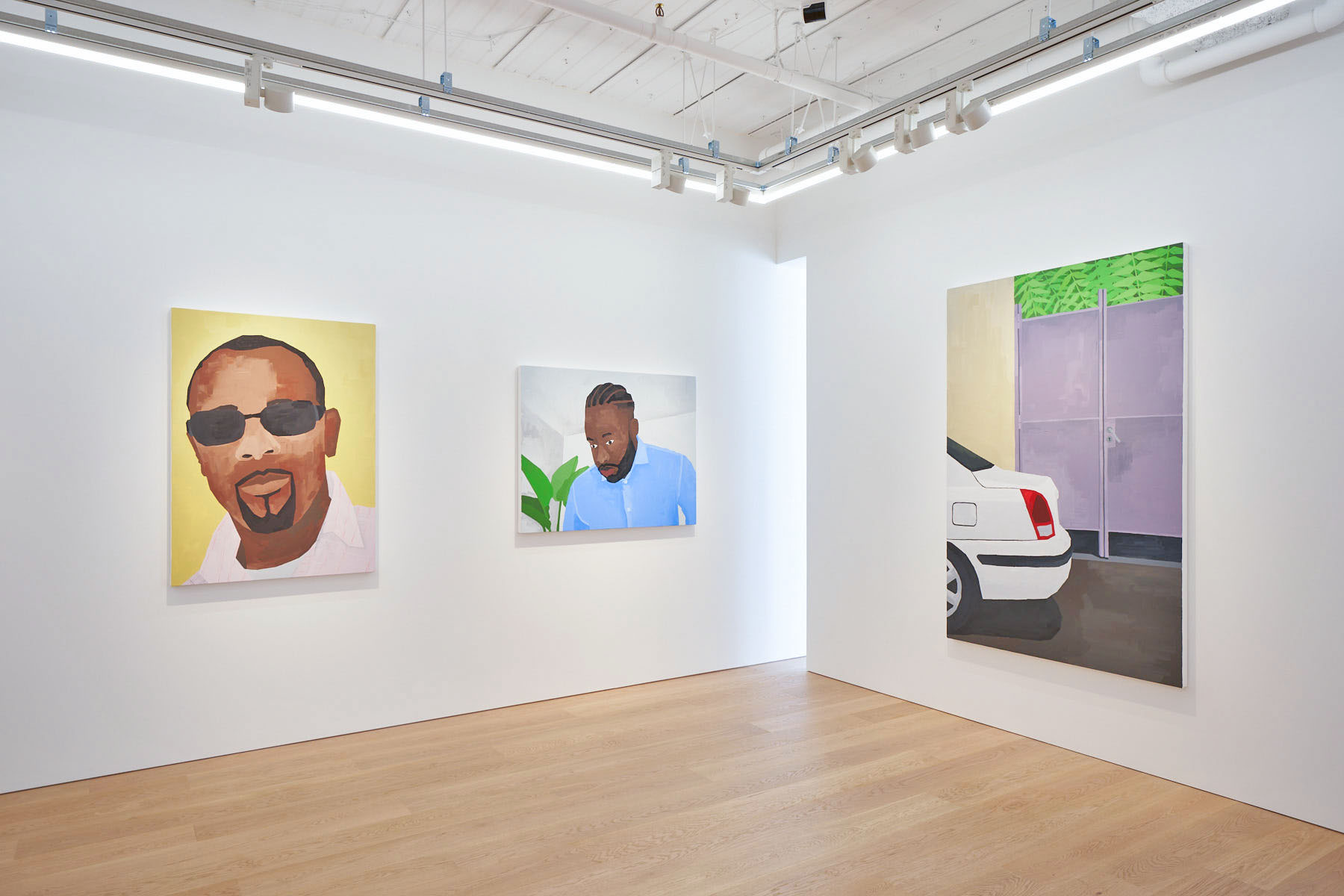
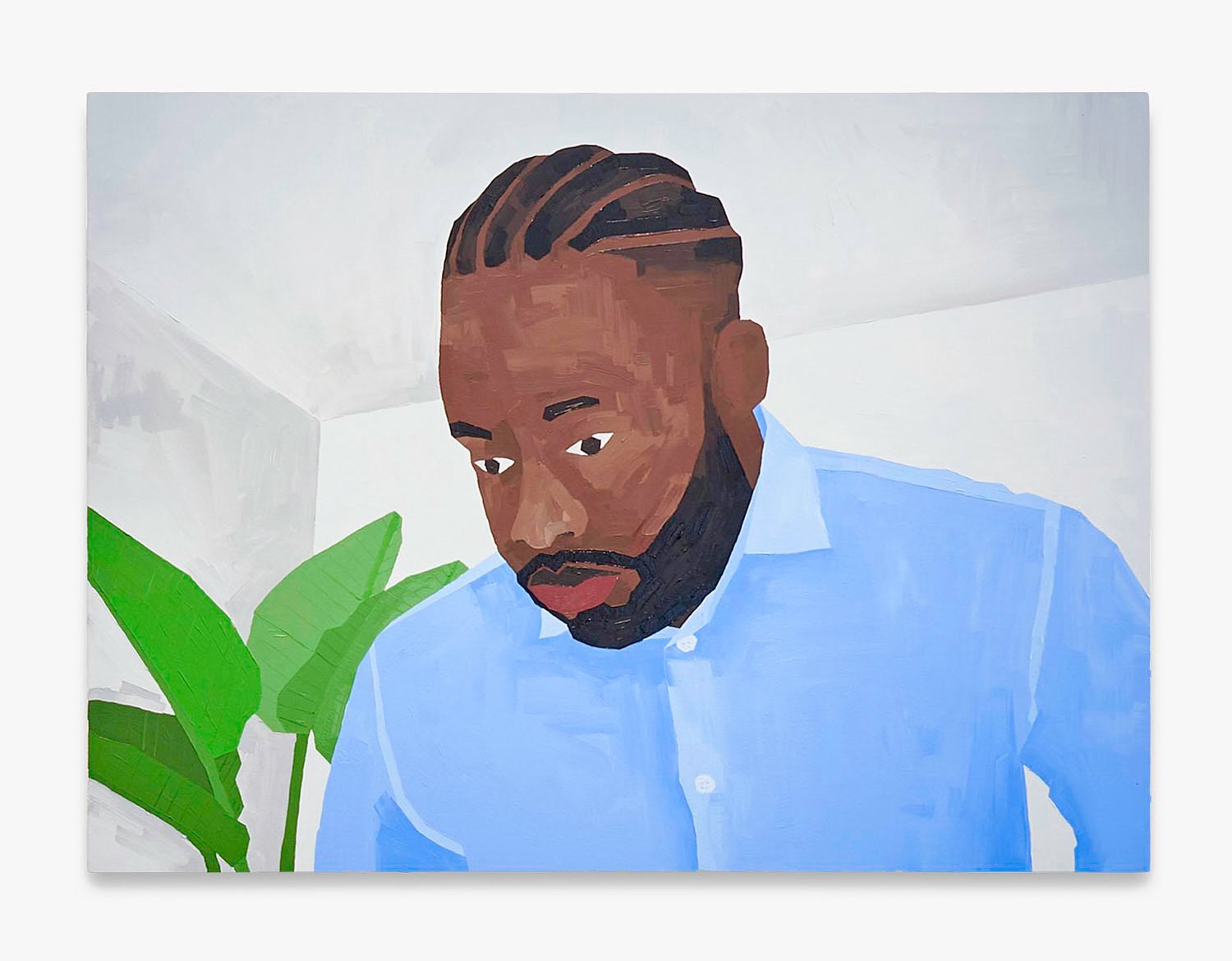
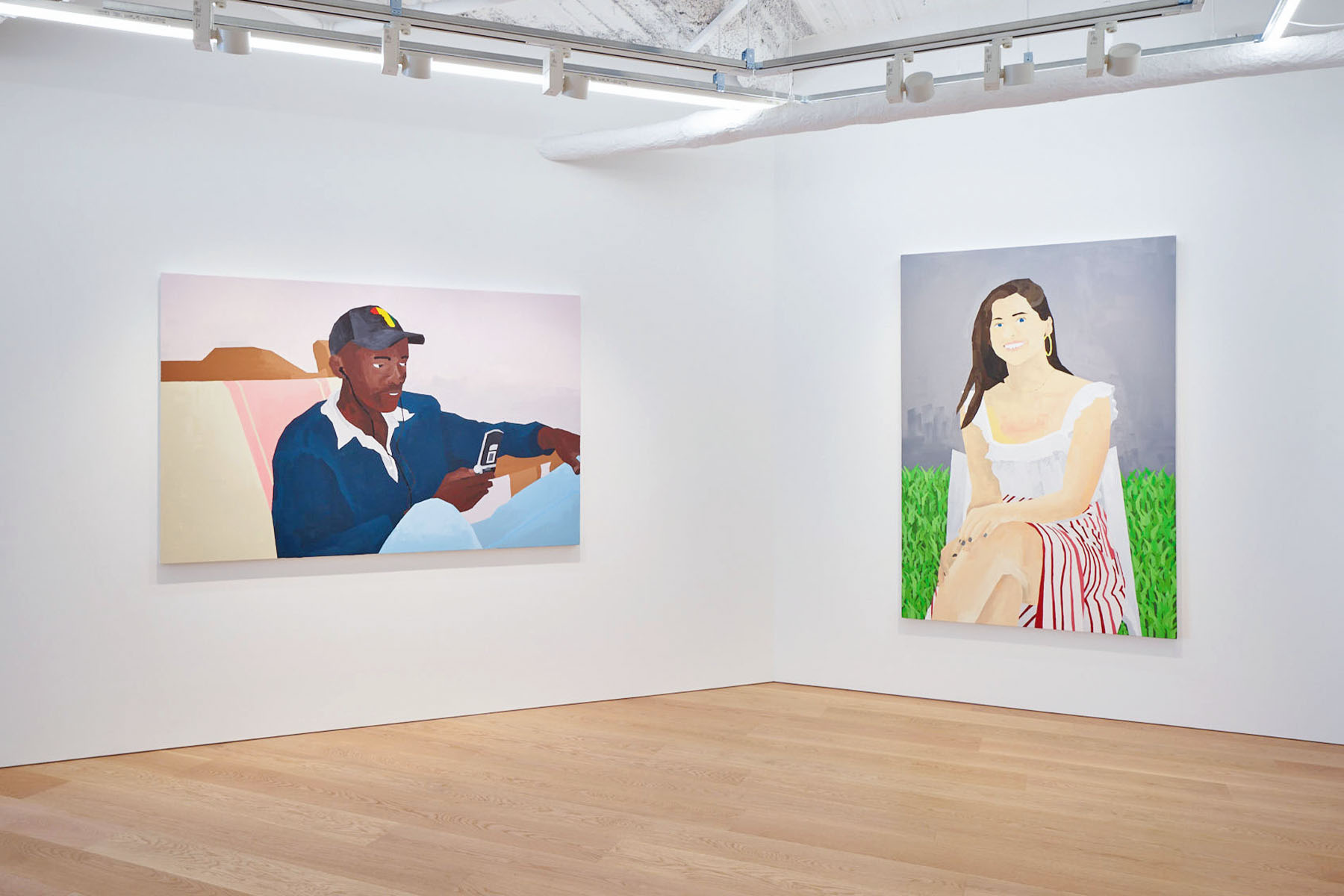


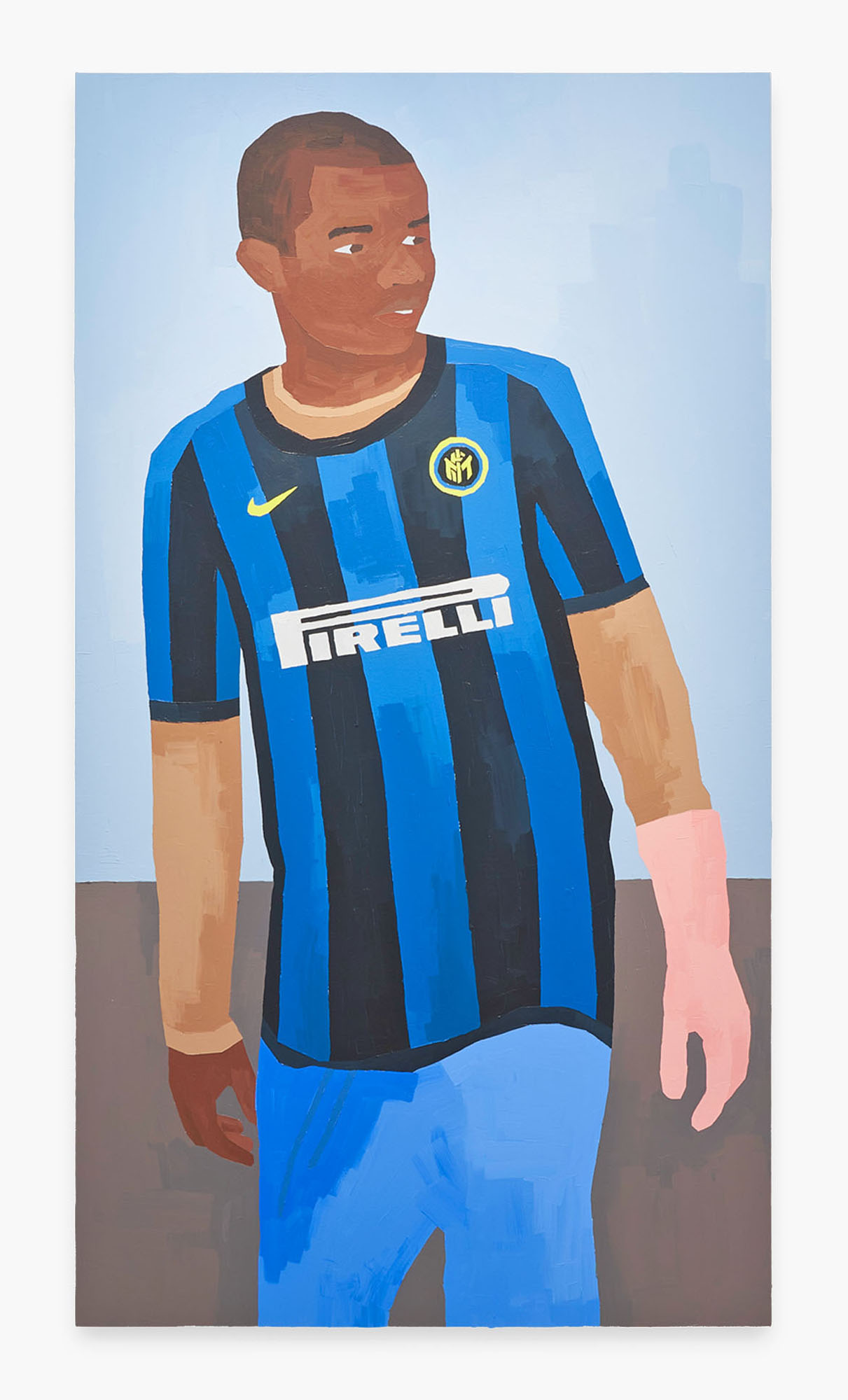
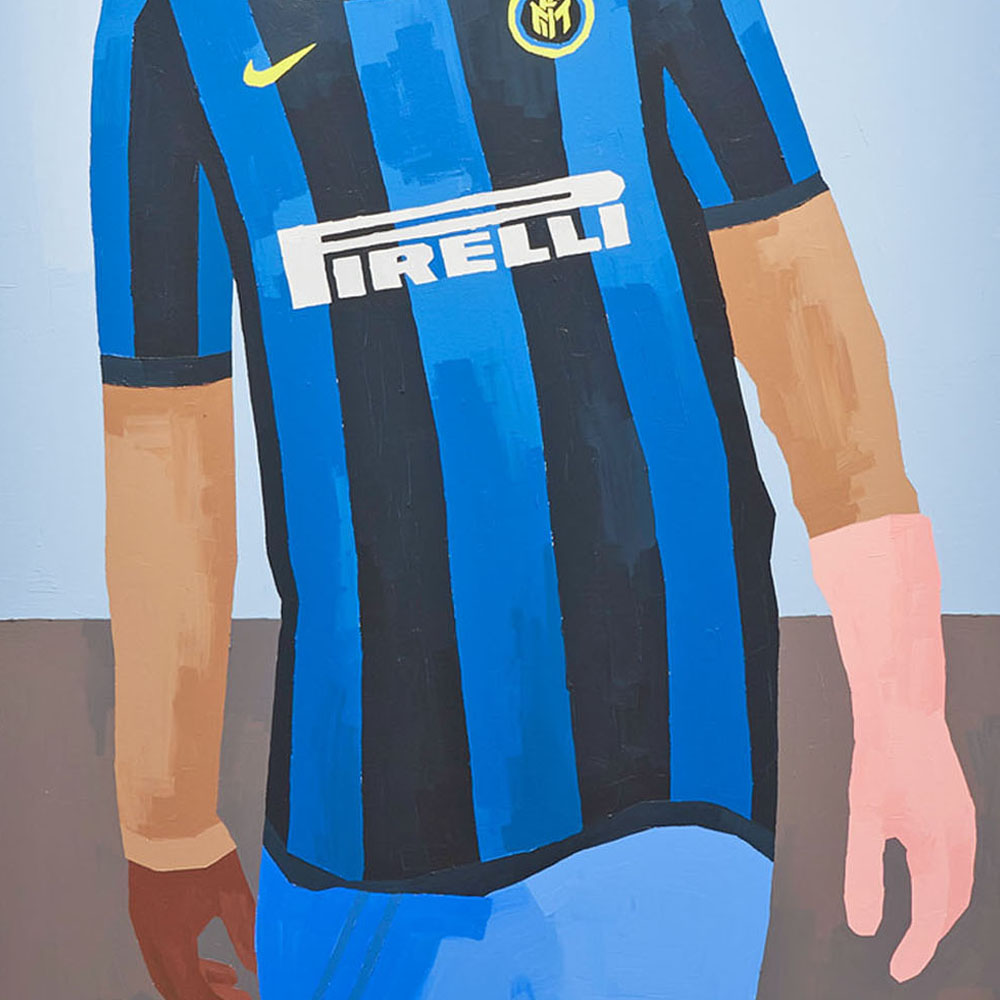
Farewell Savane
Kotaro Nukaga, Tokyo, JP
Nove,ber 4 - December 18, 2021
From November 4 (Thu) to December 18 (Sat), 2021, KOTARO NUKAGA, Roppongi is pleased to announce ‘Farewell Savane’ a solo exhibition by London-based French artist Soimadou Ibrahim. The show marks the artist’s first exhibition in Japan, and will feature 13 new paintings and 8 new drawings. Soimadou Ibrahim was born in France in 1989. Thereafter, he was raised in Ngazidja, the largest island in Comoros, an archipelagic country located in Southeast Africa between Madagascar and Mozambique, until the age of 10. Growing up on the small island played a large role in nurturing Ibrahim’s strong connection to community; at the same time, it also deeply influenced his perspective on socioeconomics and the complexities of race. After returning to France at 10 years old and spending the following years away from his relatives in Comoros, the France-born Ibrahim found himself drawing upon his African roots as the basis of his creative process.
Ibrahim’s works incorporate the scenic sights of the beautiful Comoros Islands he calls home, and many of the backgrounds in his pieces feature the banana trees and palm trees that populate the island, as seen in his piece Jardin next door. The characters in his paintings, meanwhile, are based on photographs he took during past trips, and random moments of his closest family and friends.
By combining these archival photographs with his own memories and imagination, he is able to express universal feelings of nostalgia for home, familial love, and community bonds. The painting MP3 Files, for example, depicts Ibrahim's cousin using his cellphone, his precious solitary means of communication with family members who live across the ocean, and a symbol of the attachment and also addiction to mobile devices that can occur in any of us.
The title of Ibrahim's main work for this exhibition, Better late than never, holds the meaning “it’s never too late to say goodbye”. The painting depicts his uncle rushing home to Comoros, his precious “Savane”, to say farewell to his sick mother before she passed away. He was unable to make it in time, but the title of the piece expresses Ibrahim’s message that it is the intention and actions taken to be there for your loved ones and rush to their side, no matter how far away, that is truly important. Wearing a faint smile and sunglasses as if to hide his expression, he seems to be mustering all his strength and confidence to say to her, "I can handle what will come, so don’t worry”.
By painting portraits of the dearest people in his life in a variety of situations and combining it with the beautiful landscapes of the Comoros Islands, occasionally adding imaginary backdrops and possessions that complement their personalities, Ibrahim aims to express the richness in finding the simple pleasures in life. Discovering, skillfully capturing and faithfully reproducing the characteristics of each individual is the reason he keeps painting; returning to his roots in this way allows Ibrahim to focus on the ubiquitous beauty of nature, to reinforce his ideas and be true to his identity, no matter how far away he may be from home. The straight, thick, physical strokes and vivid colors reflect the design knowledge and expertise he gained in university, and remind us of the persistence of memory, as well as the importance of holding on to those memories.
The title of this exhibition, ‘Farewell Savane’ was inspired by the song Savane from the final solo album by Ali Farka Touré, a Malian musician who Ibrahim often listened to while working on his paintings to relax. Says Touré, “I was inspired when I crossed the desert and I was struck by how the savannah and the environment have been destroyed by drought. There’s no green, no grass, no trees. But when I travelled to other countries I couldn’t replace the savannah I knew. I had to find a way to express this.” In response to this, Ibrahim states, "The meaning behind ‘Farewell Savane’ speaks to each of us; we all have a story and are nostalgic for something. It is to signify comfort, implying that wherever you may travel to there will be tastes, scents or slices of scenery along the way, that will solidify our identity or fulfill our longing for home." Can finding similarities within the love we all have for our homeland, families, and friends transcend racial and ideological contentions, and become a means to bring us back from the divide? We invite you to come see the exhibition and discover the answer for yourself.